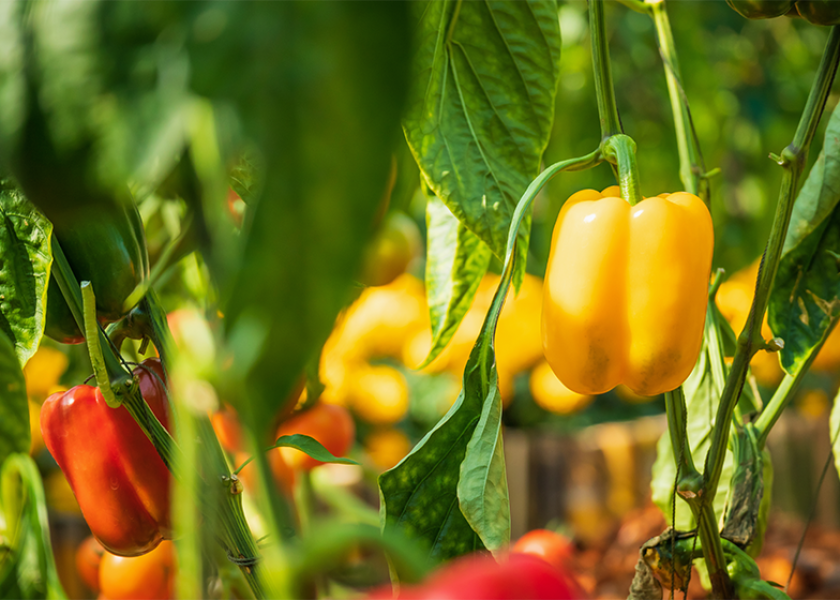How Tropical Storm Hilary impacted one California grower

When Tropical Storm Hilary hit Southern California on Aug. 20, the typically arid Palm Springs received nearly 50% of its yearly rainfall in a matter of hours. While the deluge caused flooding, one area farmer is cautiously optimistic his operations will emerge relatively unscathed.
“Our headquarters is in Coachella Valley, where the storm was worse than other areas, but it probably had the least damage,” Mike Way, CEO of Prime Time International, a Coachella, Calif.-based farming and marketing company, told The Packer.
The timing of the storm helped.
“It’s August in Coachella — a desert with on average temperatures of 115 degrees this time of the year, so we don't have a lot of fresh vegetables we're harvesting now. We are actively planting for the fall and winter crops, so there were a few things in the ground when the storm hit this weekend, but the majority of the damage was just water running through the fields and some wind damage where some of the transplants had blown over.”
Prime Time grows a variety of produce including bell peppers, green beans, corn, asparagus, tomatoes and artichokes. On Aug. 21, Way surveyed Prime Time’s bell peppers and artichokes that are in the ground.
“I expected to see much more damage on the roadways and in the access to the ranches, but the valley held up pretty well under the amount of water it got,” he said. “People did miss work on Monday and Tuesday because the ground was too wet, but other than that everything seemed to be pretty good.”
Outlook on Tropical Storm Hilary's impact
As to the storm’s longer-term effect to vegetables in the ground in the Coachella Valley, Way isn’t overly concerned.
“Here the impact is probably minimal,” he said. “We'll do some replanting in some areas where the water came through, but there doesn't seem to be [any issues] with bell peppers, corn and winter vegetables.
“The guys who might have some issues would be the date guys, who are harvesting dates in the next six weeks, but as for the veg guys in this valley, maybe just some replanting that will have to be done because of washout in parts of the field,” he added.
The largest bell pepper shipper in California, Prime Time also has 1,000 acres in Ventura County and just outside of Bakersfield.
In these farms, standing water could present problems down the road.
“In Oxnard and Newhall, we're concerned that in the next few weeks [we might see] waterborne illness by powdery mildew affecting the bell pepper crop,” he said, adding that
Bell peppers don’t like rain, he says.
“We're probably a quarter of the way through harvesting our crop there, so we’re going to have to watch out for disease because of this rain,” he said.
Way says the biggest problem created by the storm was picking delays.
“We haven't picked since Saturday, and we won't pick again until Thursday or Friday, so we'll have four days where we haven't picked a pepper, which is kind of tough on us, as we pick every day," he said. "That's four days off for all the employees and most everybody else, and we're holding trucks trying to cover orders for the weekend.
“But for the long-term outlook it’s waiting to see if we get some waterborne diseases or some soil diseases because of the standing water. We fight diseases all the time, but this is one that we weren't expecting to have to fight.”
Way says it’s too early to tell if Hilary will create a shortage or higher prices for bell peppers.
“We have enough peppers to cover most of [our orders],” he said. “If we lose 20% yield, 50% yield or the whole crop, in the long run we might see some higher prices and shorter orders, but we were ready to handle this. Our concern right now is waterborne diseases.”
More on these topics: California | Flooding | Weather







